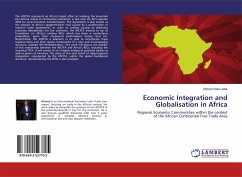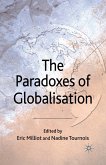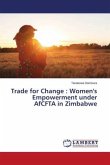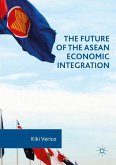The AfCFTA represents an Africa's latest effort at realising the long-held Pan-African dream of continental unification, in line with the AU's Agenda 2063 for socio-economic transformation. The Agreement is also touted as the solution to Africa's spaghetti-bowl crisis caused by a proliferation of regional trade agreements. In order to achieve success at delivering economic liberalisation for the continent, the AfCFTA intends to lay its foundation on Africa's existing RECs which has been a contentious proposition, given their chequered performance history thus far. Nevertheless, the AfCFTA is adamant in its goal to incorporate these regional blocs and their various frameworks in a new and encompassing structure, dubbed 'Afri-Multilateralism'. This work will discuss the viability of this relationship between the AfCFTA and Africa's RECs, including the incoming TFTA. It will consist of an in-depth analysis of potential clashes as well as points of harmony. The place of this new breed of mega-regional integration, represented by the AfCFTA, within the global multilateral structure, represented by the WTO, is also analysed.








